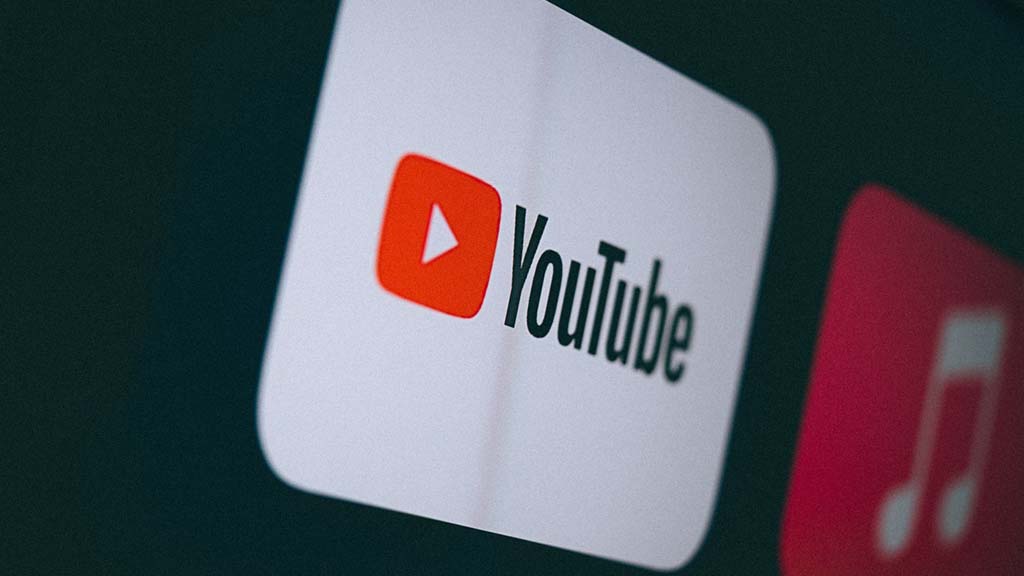House spectrum bill gains support of the NAB, but angers others
A subcommittee of the House Energy and Commerce Committee released draft legislation that denies public-safety officials a block of spectrum for the creation of a national broadband network and leaves other groups furious with several of its provisions.
The draft legislation, from Energy and Commerce Communications and Technology Subcommittee Chairman Greg Walden (R-Ore.), got the support of the NAB, but takes aim at unlicensed spectrum and the new open-Internet rules approved by the FCC last December.
A major difference with a Senate bill approved last month is the House version would maintain current law by requiring the auction of a stretch of spectrum known as the D-block for commercial use. The Senate version would reallocate that spectrum for a public-safety national broadband network.
Public-safety officials have lobbied Congress to give them the D-block. They argue they don’t have enough capacity to build the national network they need. The House bill would address this need by giving an unspecified amount of money for a public-safety network and establish a board made up of state, federal and industry members to oversee its construction. The Senate bill would create a nonprofit corporation to tackle the same responsibilities.
Both versions of the legislation would authorize the FCC to conduct incentive auctions, which are aimed at enticing broadcasters and others to give up their spectrum in exchange for a share of the proceeds.
But the House bill includes several restrictions on the auctions. It would only authorize “a single, voluntary, broadcast incentive auction,” and would also require the auction of unused spectrum in between broadcast channels known as white space.
Several high-tech companies and public interest groups applauded the FCC last fall when it took the final step in authorizing the use of such white spaces for a variety of technologies and applications, including an ultra-fast version of Wi-Fi.
Get the TV Tech Newsletter
The professional video industry's #1 source for news, trends and product and tech information. Sign up below.
“Given that unlicensed uses like Wi-Fi come from small and new companies, the future of new uses would be very bleak” under the House draft, said Harold Feld of Public Knowledge, a consumer advocacy group for digital technology.
Language in the House version of the legislation would effectively nullify the open Internet rules the FCC applied to wireless carriers, Feld also said. The FCC only applied some of the rules barring broadband providers from blocking access to legal applications, services and content to wireless providers.
“Wireless companies would be relieved of even the most minimal existing Net Neutrality requirements if they purchase spectrum under these auctions,” Feld added.
The House version would allow for repacking of stations — but only as long as those stations that wanted it were give the same 6MHz worth of spectrum. The stations would also get comparable tower heights, power levels and interference protections. Broadcasters would be reimbursed for moving expenses.
The House bill provides that no station can be forced to share facilities and will be allowed to share a 6MHz channel as long as each is given primary status for the purposes of must-carry by cable operators.
Broadcasters supported the House version of the bill. “Under their proposed draft legislation to provide truly voluntary spectrum auctions, the clear intent of Congress would be to protect tens of millions of viewers relying exclusively on broadcast television against loss of service,” said Gordon Smith, NAB president.
